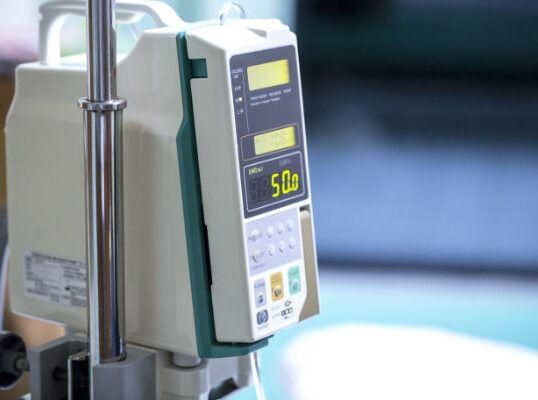
What are the Most Common Metal Alloys Used in Aeronautics and Medical Applications, and Why?
In aeronautics and medical applications, certain metal alloys are commonly used due to their exceptional properties and suitability for specific requirements. These alloys offer a balance of strength, durability, corrosion resistance, and biocompatibility, making them ideal for these demanding industries.
In aeronautics, the most common metal alloys used include aluminum alloys, titanium alloys, and nickel-based alloys. Aluminum alloys are favored for their lightweight nature, high strength-to-weight ratio, and excellent corrosion resistance. They are extensively used in aircraft structures, where weight reduction is crucial to enhance fuel efficiency and performance.
Titanium alloys are highly prized in aeronautics for their outstanding strength, low density, and exceptional corrosion resistance. These alloys exhibit excellent mechanical properties at high temperatures, making them suitable for critical components like landing gears, engine parts, and structural elements that require strength and heat resistance.
Nickel-based alloys, known for their excellent heat and corrosion resistance, are extensively used in aeronautics, especially in high-temperature applications such as turbine engines. These alloys possess superior mechanical strength, creep resistance, and fatigue resistance, making them suitable for components subjected to extreme conditions.
In medical applications, stainless steel and titanium alloys are widely used. Stainless steel offers excellent corrosion resistance, strength, and affordability, making it a popular choice for surgical instruments, implants, and medical equipment. Titanium alloys, known for their biocompatibility, low modulus of elasticity, and high strength, are utilized in medical implants like joint replacements and dental implants, where biocompatibility and mechanical properties are critical.
In conclusion, the most common metal alloys used in aeronautics and medical applications are selected based on their specific properties and performance requirements. These alloys provide the necessary strength, durability, corrosion resistance, and biocompatibility to meet the rigorous demands of these industries.

